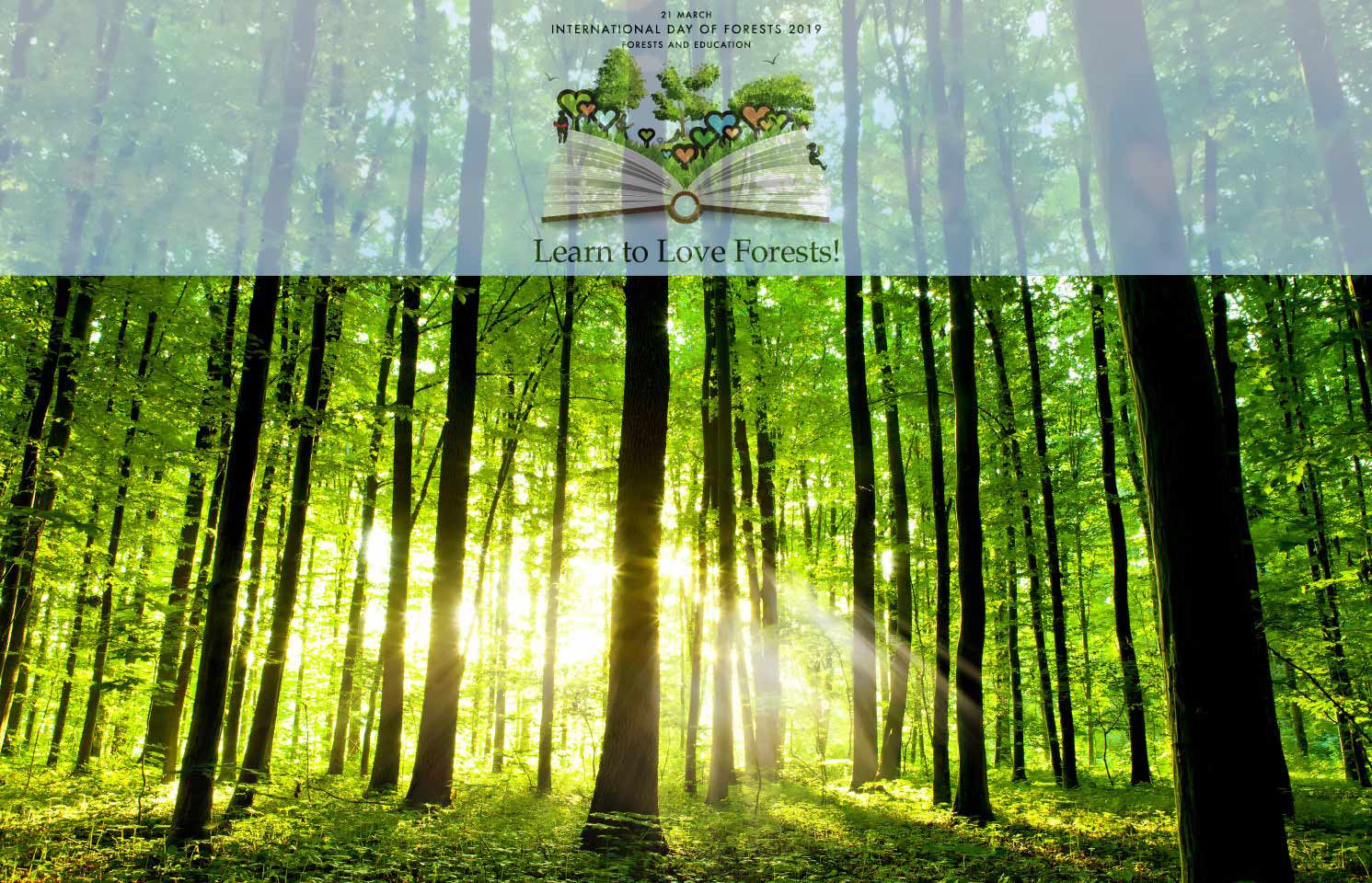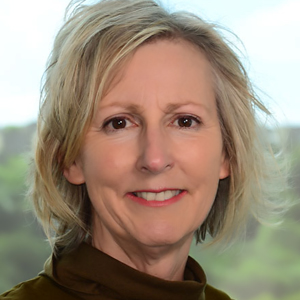
Learn to Love Forests for International Day of Forests 2019

Fiona Hesseldon
Researcher, Sustainable & Resilient Communities cluster of the SURGE Centre
In this blog, written for International Forests Day 2019, Fiona says instead of taking our woods and forests for granted we should learn to love them and keep them healthy because their role in all our futures will be a crucial one
“I’ve run through this wood numerous times but today I’m walking, slowly, and being told to look and listen hard.
I’m taking part in a ‘Way through the Woods’ walk, a workshop exploring the role art can play in supporting wellbeing in forest environments. Slowing down and looking up and out rather than at my feet provides a whole new perspective on this familiar landscape. Time breathes more deeply and suddenly the little things loom larger.
There is mounting evidence of the mental and physical health benefits of forests and the role they play in wellbeing. But as well as better understanding the role of forests in keeping us healthy, there is a need for us to better understand how to keep forests healthy. 21st March 2019, the International Day of Forests, seeks to remind us all to learn to love forests and highlights the importance of modern and traditional knowledge in keeping us and forests healthy.
New technology is transforming our ability to map and monitor forests and to identify even remote forests for illegal logging activity. Global Forest Watch created by a network of NGOs, has harnessed satellite technology to monitor forests with professionals and forest communities able to upload data and receive alerts on deforestation activities. The research project I am engaged in, the Community Conservation of Wild Coffee and Natural Forest project based in the afro-montane rainforests of southwest Ethiopia, uses mobile phones to map wild coffee stands deep in the natural forest, supporting community-based forest management groups in mapping, monitoring plant health and protecting the wild coffee, a precious and globally important genetic resource.
Traditional knowledge will always have a role to play; from which plants have medicinal properties to traditional silviculture practices that support the sustainable management of forests. Forest-dwelling and forests fringe communities have long been the custodians of forests. However, it is only more recently that they are being recognised for providing more effective and sustainable forest management than the colonial state-sponsored model of ‘protecting the forest from the people’.
The crucial role of forests in all our futures - as a reservoir of biodiversity, provider of medicines, materials and climate regulation – has been recognised in the UN Sustainable Development Goals (Goal 15, Life on Land). What these goals do not capture adequately is the non-material, spiritual benefits of forests. My mindful forest walk reminds me to stop, look and listen and to fall in love all over again with the forest.”
Watch this video from the United Nations for International Day of Forests 2019
Environment
Browse all our blogs related to Environment.
Business
Browse all our blogs related to Business.
Society
Browse all our blogs related to Society.